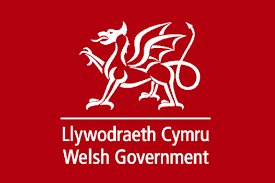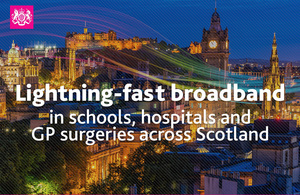New social housing in Wales must be ready for gigabit connections
The Welsh Development Quality Requirements 2021 – Creating Beautiful Homes and Places, is a document that sets out the minimum functional quality standards for new and rehabilitated affordable homes. It has been updated to include new provisions on broadband and home working, including:
- Providing sufficient space for occupants to set up a home office in a suitable room to allow home working; and
- being ready for gigabit-capable broadband connectivity – meaning FTTP or gigabit wireless technologies must be provided to every home. Where gigabit connectivity is not yet available, the physical infrastructure must be made available throughout the site and into the home, to enable future installation by ISPs without disruption.
The document can be read in full here.















